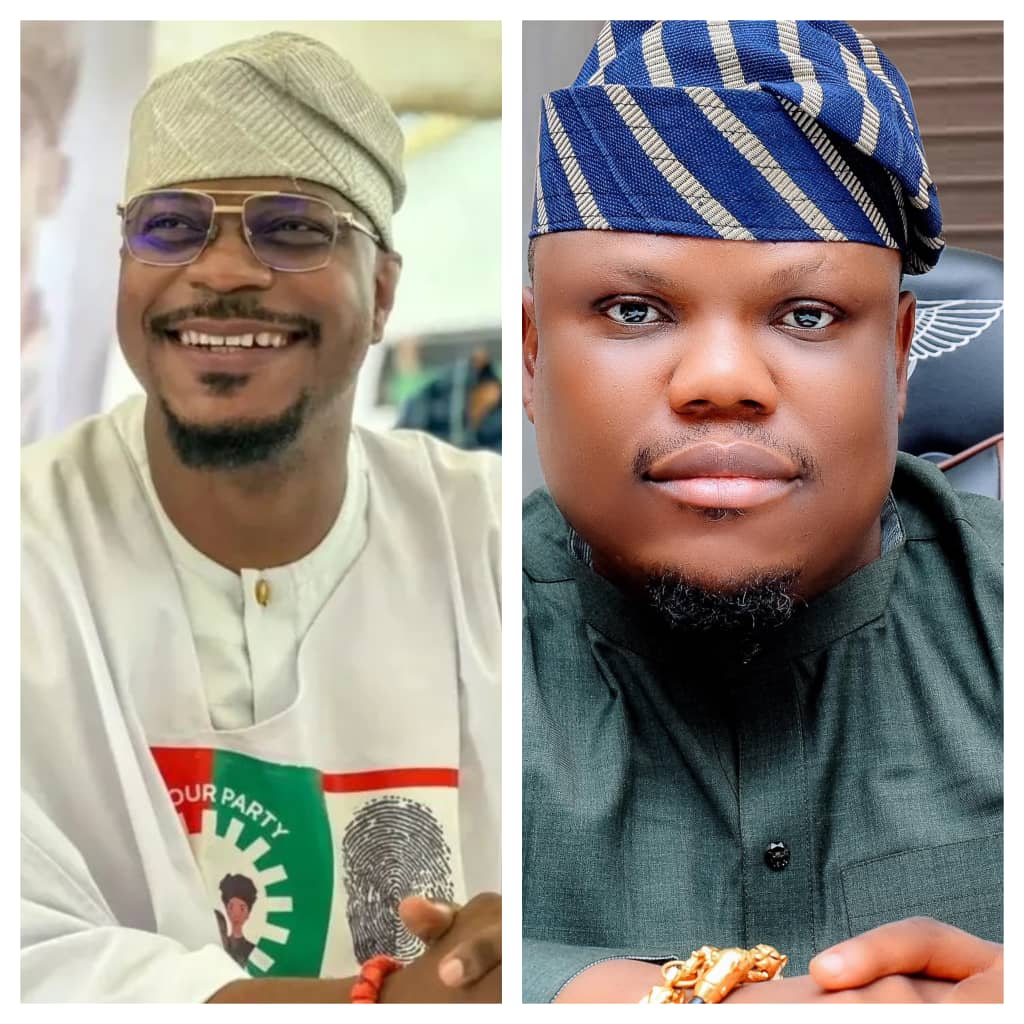
In every functioning democracy, the opposition serves as a crucial pillar for stability, accountability, and progress. By providing checks and balances to the ruling government, opposition parties ensure that the voices of all citizens are heard, policies are scrutinised, and governance remains transparent.
This democratic necessity was underscored recently by the 2023 Labour Party gubernatorial candidate in Lagos State, His Excellency Gbadebo Rhodes-Vivour, who released a thought-provoking video addressing key issues affecting the nation. His remarks, delivered with clarity and purpose, touched on government accountability, the need for urgent reforms, and the importance of prioritising the welfare of citizens above political interests.
Political observers have noted that Rhodes-Vivour’s approach reflects the essence of constructive opposition—one that engages the government with facts, proposes viable solutions, and rallies citizens towards a shared vision of progress. His stance reinforces the idea that opposition is not about creating division, but about ensuring that governance serves the people effectively.
In his commentary, Rhodes-Vivour emphasised that much still needs to be done to address the socio-economic challenges confronting Nigerians. From tackling rising living costs to improving public infrastructure and strengthening institutions, he noted that the government must remain alert to the struggles of ordinary citizens and be prepared to respond decisively.
Echoing these sentiments, prominent philanthropist and political figure, Hon. Francis Barthlomew Chima, popularly known as OmoBarca, reaffirmed his unwavering commitment to the people of Ajeromi Ifelodun Federal Constituency. He praised Rhodes-Vivour’s remarks as an example of how leaders, regardless of party affiliation, can constructively influence national discourse.
“I want to reassure the good people of Ajeromi Ifelodun Federal Constituency that I hold your interests close to my heart,” OmoBarca stated. “Rest assured, all that you have lost will be restored. We must remain hopeful and united, knowing that through dedication, service, and accountability, our communities can thrive again.”
Analysts believe that such public engagements—where leaders openly critique governance while offering solutions—are vital to strengthening Nigeria’s democracy. They argue that in times of economic hardship and political uncertainty, the opposition’s role becomes even more essential in shaping policies that reflect the aspirations of the people.
The growing call for constructive opposition has also resonated with civil society organisations, who stress that citizen participation, informed debate, and active oversight are key ingredients in building a just and prosperous nation.
As Nigeria continues its democratic journey, voices like those of Rhodes-Vivour and OmoBarca highlight the enduring truth that governance is a collective responsibility. While the ruling party steers the ship of state, the opposition’s watchful eye ensures that it stays on course—serving not the interests of the few, but the needs of all.

